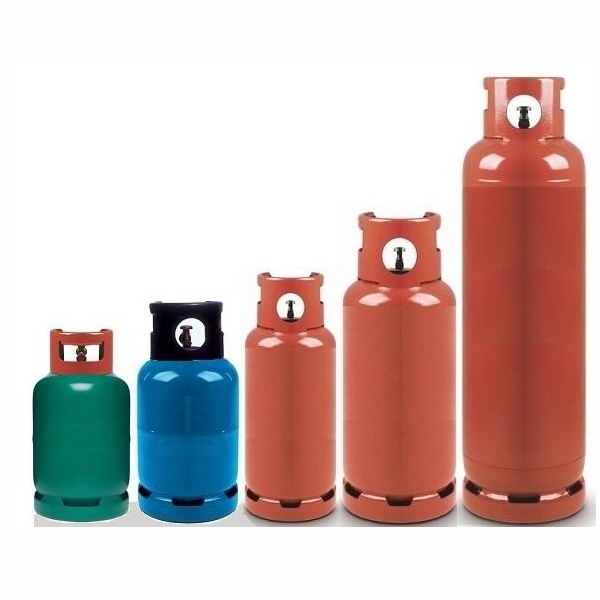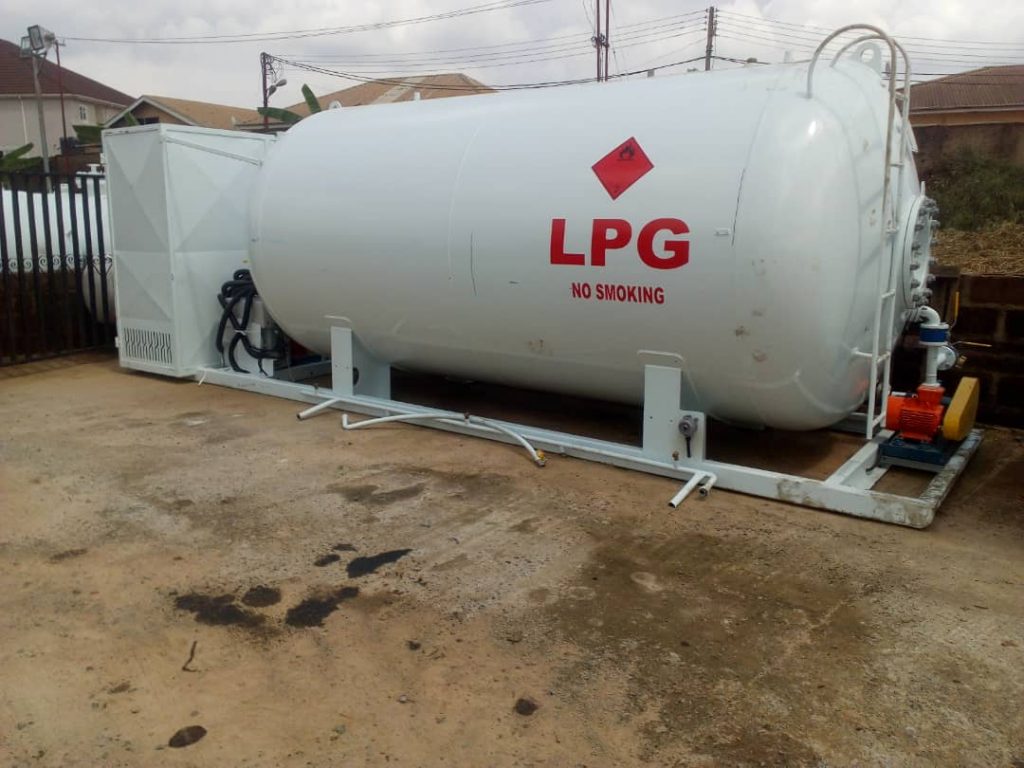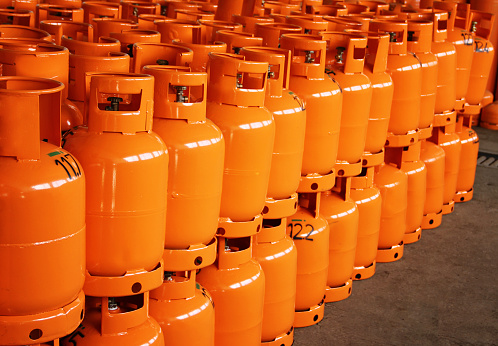The Organization of Petroleum Exporting Countries (OPEC) yesterday approved the capping of Nigerian oil production at 1.8 million barrel per day (bpd).
Accordingly, OPEC called on several members to boost compliance with production cuts to help clear excessive global stocks and support flagging prices.
A ministerial committee of OPEC and non-OPEC known as the Joint Market Monitoring Committee (JMMC) charged with the responsibility of monitoring the global oil pact said it had agreed Nigeria would join the deal by capping its output at 1.8 million bpd, once it stabilizes at that level from 1.7 million bpd.
However, the JMMC under the leadership of the Kuwait’s minister of Oil, Electricity & Water, Issam A. Almarzooq, which met in the Russian city of St Petersburg, did not give the timeframe for when this would happen, saying it would track Nigerian production patterns in the next weeks.
Delivering his opening remarks, President of the OPEC Conference, and Saudi Arabia’s Minister of Energy, Industry and Mineral Resources, Khalid A. Al-Falih, stated that the issue of increasing supply from Nigeria and Libya has become a concern to marketers.
He said, “The other major issue that markets are focused on is the expansion of supplies from Nigeria and Libya both of which have been exempted from our agreement and of course we remain supportive of our partners in both of those nations as they work on the recovery of their industries and economies.
“The committee, however, should monitor the impact of such growth on global supply-demand balances”.
OPEC had agreed with several non-OPEC producers led by Russia to cut oil output by a combined 1.8 million barrels per day (bpd) from January 2017 until the end of March 2018, while Nigeria and Libya were exempted from the limits to help them recover from years of unrest.
The committee, however, did not approve the capping of Libyan output as it said its production was unlikely to exceed 1 million bpd in the near future compared to its capacity of 1.4 million-1.6 million bpd before unrest erupted in 2011 and plunged the nation into chaos.
Nigerian Minister of State for Petroleum Resources, Dr. Emmanuel Ibe Kachikwu had two weeks ago while addressing a press conference in Abuja stated that Nigerian had not exceeded it renewed exemption, as it is currently producing within the range of 1.7 million bpd, stressing that the country is still below the 1.8 million bpd benchmark utilised by OPEC.
“We are hoping that over the next two, three months, we would see how predictable, our production upsurge or increase or return has been, then we can predictably be able to go back and then say we feel absolutely certain that we are now sort of stabilised and would be able to make corresponding cut relatively to those who produce the same volume like us in OPEC”, he said.




